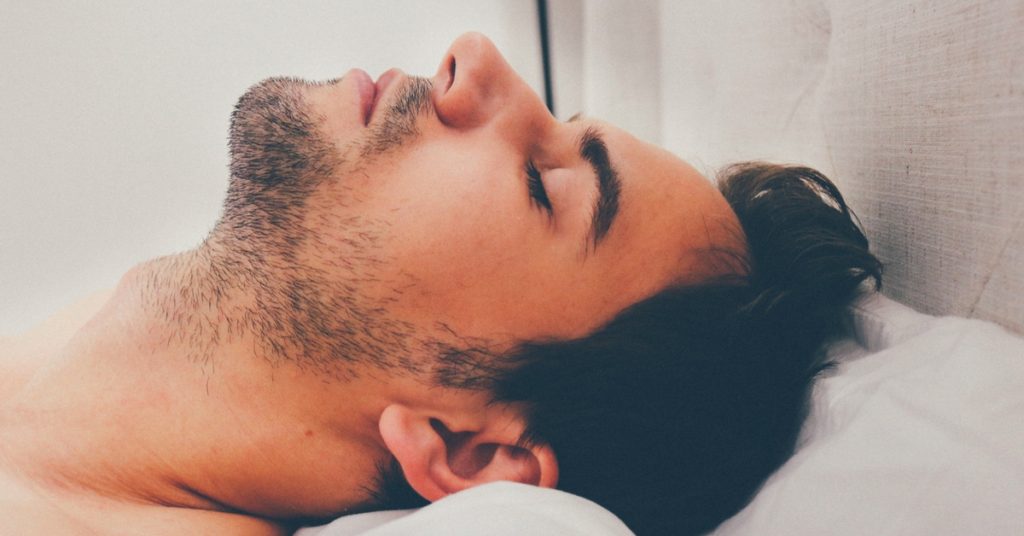You wake up late after a night of tossing and turning, you get the kids fed and ready for school, grab your coffee and rush out the door, only to find yourself stuck in traffic and late to the office again. You try to work but keep getting distracted by the constant pain in your jaw and sore teeth. Your boss is upset about a project that’s overdue and overbudget, and your stress level is at an all-time high.
Are you taking out your stress at work and in everyday life on your teeth at night?
According to The American Dental Association, German researchers found a direct correlation between stress and bruxism, or grinding teeth at night. They studied a small group of 69 patients, including 48 who admitted to grinding and reported one or more symptoms of grinding before the study, including muscle fatigue or pain, abnormal tooth wear and sore jaw. Each participant was 20 to 40 years old and had a sleeping partner who reported hearing the participant’s grinding sounds during the night over a six-month period. The researchers measured participants’ grinding overnight for five consecutive nights, using thin plates worn in their mouths to record grinding patterns.
The results revealed that participants with high grinding activity at night felt more stressed at work and at home and, according to a questionnaire participants filled out, tended to deal with stress in a negative way.
Unfortunately, this is no surprise. Bruxism and stress go together like a pair of shoes. In fact, The Bruxism Association said nearly 70% of bruxism occurs as a result of stress or anxiety, especially work-related stress: “It is well-documented that job-related stress is detrimental to good sleep … But, it is also the most significant factor associated with bruxism.”
One researcher has determined that grinding teeth at night may be a body’s response to help manage its levels of stress, The Bruxism Association reported. “The natural expression of aggression, through clenching and grinding teeth, modulates stress in the same way that a well-timed shout or scream can ease tension or fear in waking life,” his study explained.
However, teeth grinding is not a good way to handle stress. The damage to teeth and sleep patterns caused by intense grinding means that regular grinders are doing more harm than good with their unconscious teeth grinding.
Reducing teeth grinding and stress is the best plan. Otherwise, it’s a vicious cycle: Stress can cause teeth grinding and teeth grinding then causes more stress. Because stress is a major contributing factor in teeth grinding, start by reducing as many constant stress triggers in your work and home life as you can. If left alone, teeth grinding and clenching can become a harmful habit rather than just a reaction to stress, and you’ll need more serious intervention.
Here are some ways to cut stress and save your teeth:
- Try meditation/relaxation techniques: Practice breathing techniques to combat stress, work in reading before bed or a nightly bubble bath to relax.
- Start exercise/yoga class: Enroll in a gym or yoga classes. Take a friend to keep you focused and make it fun!
- Reduce stressors: Trying a different route to work with less traffic, clean up your finances if they are a source of stress, or try to stop overcommitting if that’s a problem.
- Practice self care/social support: Confide in friends and take time out for yourself now and then. If you cannot handle your stress, try counseling to help.
Another way to help cut stress is by wearing a quality mouth guard to reduce the symptoms of grinding teeth at night. SleepRight offers quality no-boil dental guards and the ProX Custom dental guard to protect teeth from grinding. Guards with more durable bitepads are available for those who suffer from severe teeth grinding. Reduce stress and sleepless nights by finding a SleepRight guard that fits you best at www.sleepright.com/products.



